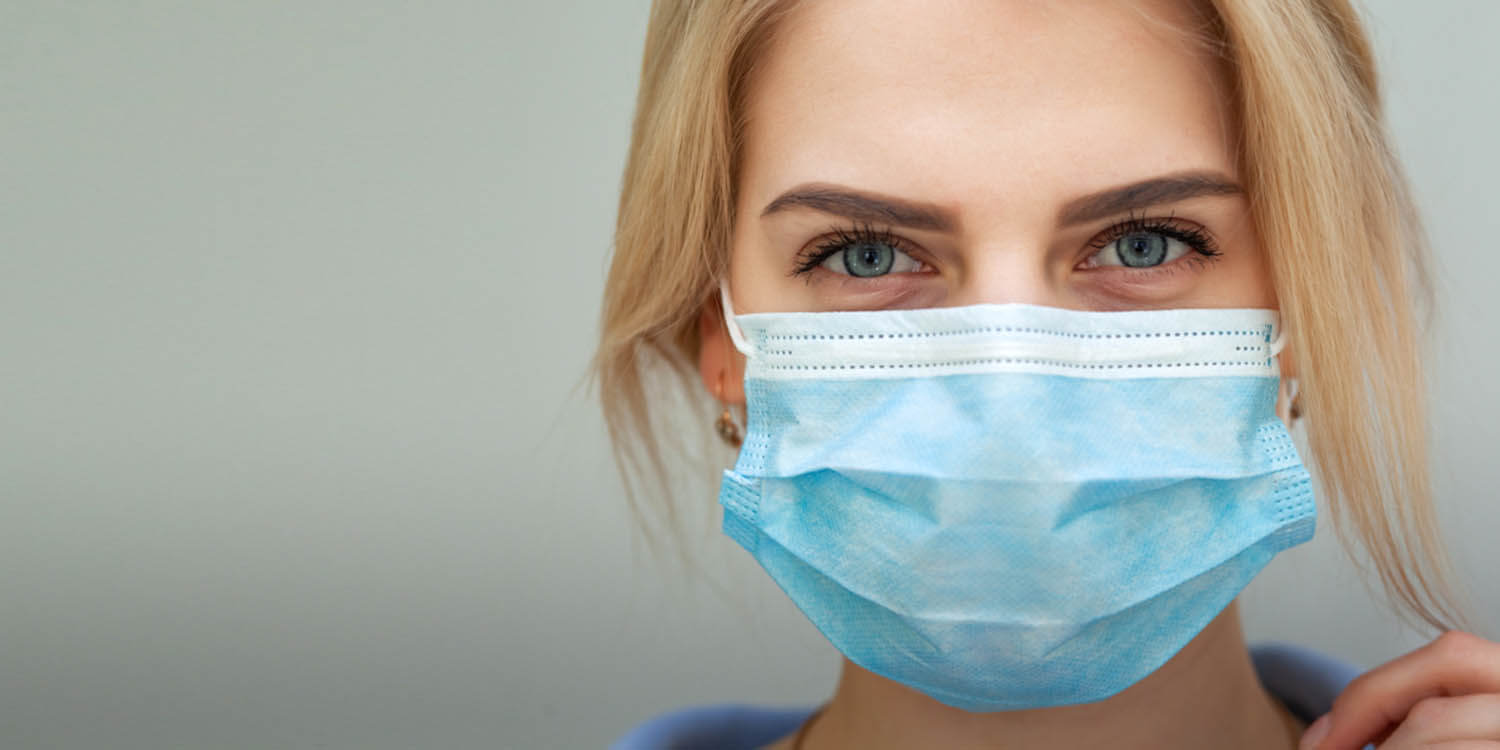OUR COVID SAFETY MEASURES.
To keep our team and our patients safe, we’ve introduced several measures in line with the advice from the Government and the Human Fertilisation & Embryology Authority. We will constantly be updating these.
Video consultations. We have introduced virtual patient information events, consultations and counselling to reduce the amount of time spent in clinic. Face-to-face consultations can be undertaken if necessary.
Face masks. We ask that you continue to wear face coverings when you enter the clinic and when sitting in the patient areas. Our staff will wear the required PPE, depending on the procedure they are carrying out.
Cleaning. We are still performing a rigorous cleaning programme between patient appointments, as well as throughout the day.
Hand sanitiser. This is available throughout the clinic.
Coming into clinic. If you are in self-isolation, have developed a persistent new cough or a fever, please do not come to the clinic. Get in touch and we can advise you on your next steps.


